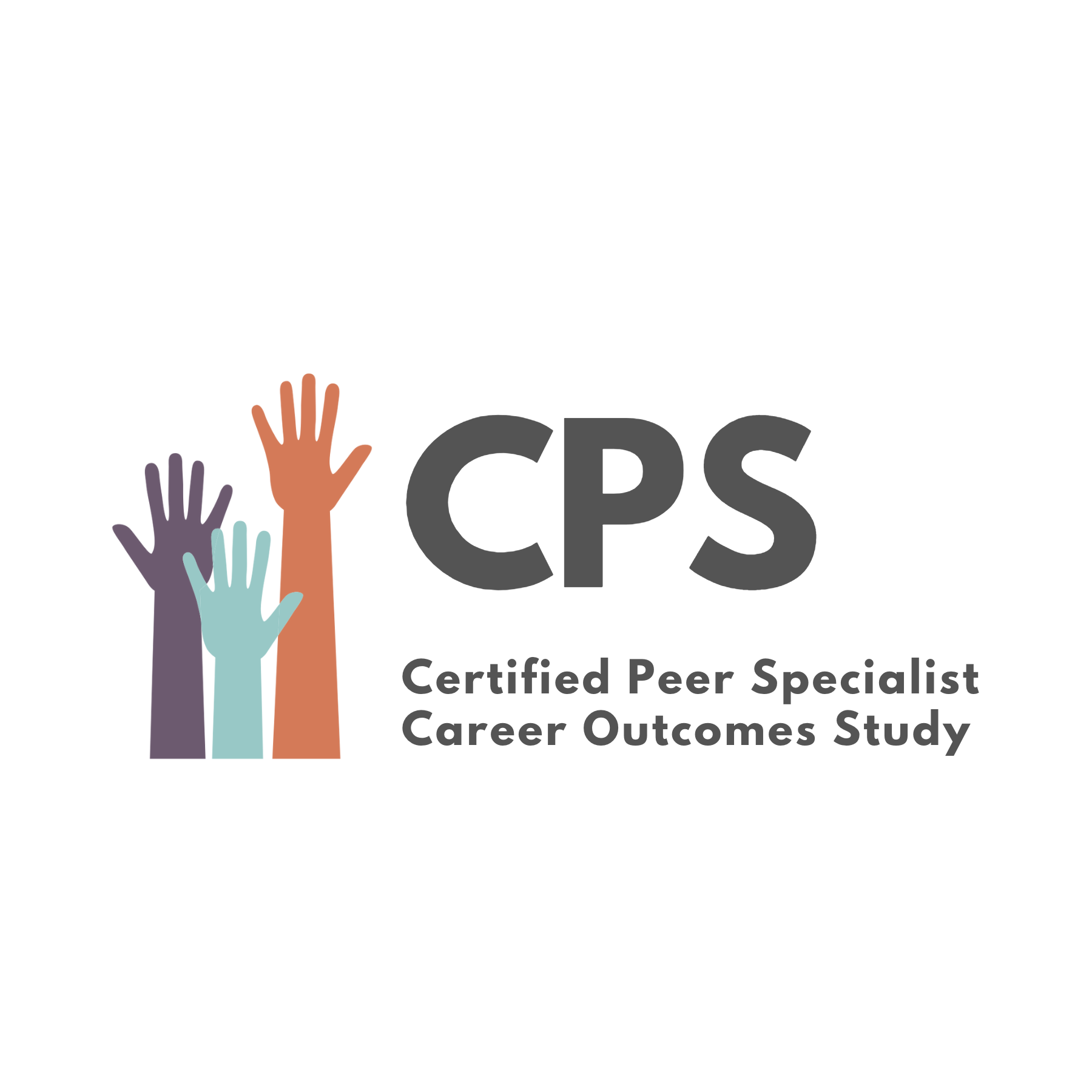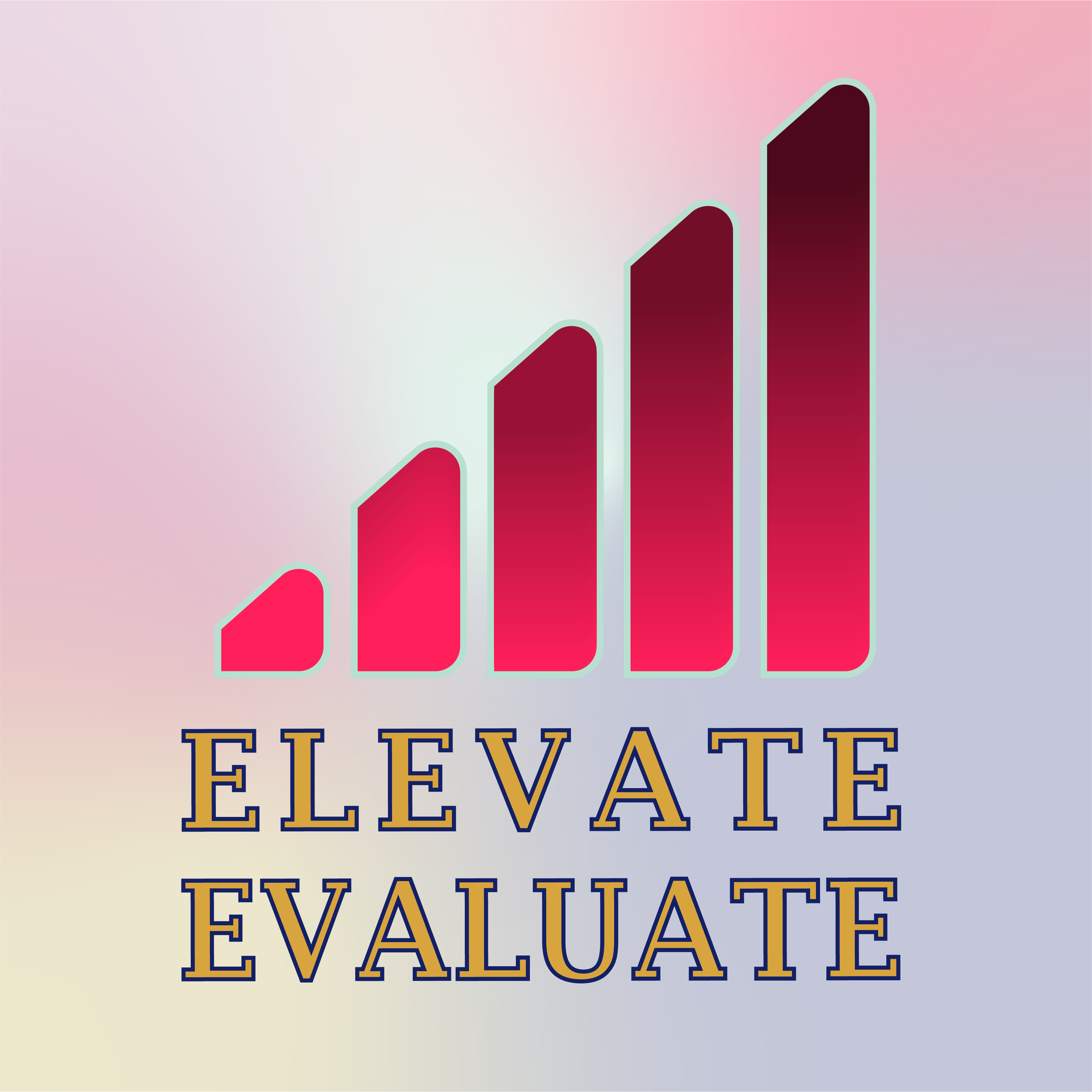Current and Recent Projects
I lead an active program in organizational and workforce development focused on employment and entrepreneurial opportunities for people with mental health challenges. My research and development uses Participatory Action Research frameworks, and focuses on building capacity for financial wellbeing and healthy workplaces, including support to start and sustain small business and nonprofit enterprises that promote wellness and connection.
Entrepreneurship
Make your journey work for you: preparing users for the logistics and the emotional ups and downs of self-employment.
-
Reclaiming Employment offers self-employment education and support for people with mental health challenges around work. It includes:
REcoach, a structured, 12-week Peer Business Coaching curriculum
Applied, self-paced courses on business startup
A library of curated self-employment resources
Community forum for mutual support between users
Our approach to developing Reclaiming Employment used Universal Design for Learning, goal-oriented coaching, and the principles of peer support to help users achieve their vision of small business success. The resources were developed by people who’ve run their own businesses while facing major life challenges.
-
Participatory curriculum development
Online course creation
Universal Design for Learning
Single group pre/post intervention study
Randomized controlled trial
Stakeholder involvement and large team engagement
Transtheoretical Model of Change
-
Entrepreneurial self-efficacy is a person’s confidence about their ability to perform the various tasks relevant to self-employment. Users’ scores on measures of Entrepreneurial Self-Efficacy and Life Satisfaction changed significantly between baseline and post-intervention follow-up. The biggest gains were seen in overall self-efficacy scores and self-efficacy related to planning a business.
Pilot study results were used to inform development of REcoach Peer Business Coaching. As of 2025, REcoach is being studied using a randomized controlled trial, with results forthcoming.
Workforce
Qualifications, competencies, and expertise gained through lived experience and the credentialing process influence career trajectories.
-
Peer specialists are allied health workers who use their lived experience plus training gained in the credentialing process to support people with behavioral health challenges. They are an important part of expanding the behavioral health workforce. However, we don’t know what happens after they complete training.
The goal of this study was to understand their experiences at work, and how the peer specialist certification process contributed to workers’ employment outcomes and opportunities for career advancement.
-
Observational prospective cohort design
Survey research
Qualitative research methods
Engagement of state agencies
Human capital theory
-
Post-certification wages and employment opportunities were lacking, leading many of the participants to consider leaving the field for other occupations – despite having completed the credential.
This has potential impacts on gainful employment of these individuals, as well as access to services in the face of a nationwide behavioral health workforce shortage.
Evaluation
Program evaluation is a formal process to assess a program’s impact and inform decisions about future programming based on results.
-
This Phase I project determined the feasibility of an affordable, online platform to build capacity among small community-based organizations to conduct program evaluation.
Program evaluation links processes to outcomes in real-world settings, and helps organizations invest in evidence-based services.
-
Needs assessment surveys
Focus groups with target users
Website wireframing and content architecture
Automation of data analysis
-
We asked 44 CBOs across 21 states about their current experiences, competencies, and needs around program evaluation, as well as their interest in using a product such as Elevate, Evaluate.
Most of these organizations were small in terms of staff, service recipients, and budgets. They were frequently staffed by people with lived experience and provide essential social and behavioral services to underrepresented populations, such as peer support and community outreach.
The survey results showed that 57% of CBOs had conducted evaluations in the past, and the other 43% were interested in doing so. Sixty-four percent of organizations reported having program evaluation, quality improvement, or program analyst staff, but many still required training in evaluation methodology.
Consulting and Advising
-
UCSF Department of Psychiatry
UCSF Department of Nursing
Temple University Collaborative on Community Inclusion
UIC Center on Mental Health Services Research and Policy
University of New Mexico Department of Behavioral Health
-
Substance Abuse and Mental Health Services Administration
National Center for Trauma-Informed Care
Doors to Wellbeing Technical Assistance Center
California Department of Health Care Services
Trinity County Behavioral Health, California
Alameda County Behavioral Health, California
Los Angeles County Mental Health, California
-
Greater Oregon Behavioral Health Inc.
California Association of Mental Health Peer-Run Organizations
Heart & Soul, Inc. San Mateo
The Social Changery
Advocates for Human Potential
Human Services Research Institute
-
Portland State University, Department of Psychology
University of Southern California, School of Social Work
Yale University/RMIT Australia, Fulbright Scholars Program
Rutgers University, Department of Public Policy and Administration
-
SCORE (formerly the Senior Core of Retired Executives), Small Business Mentor, San Luis Obispo chapter
County of San Luis Obispo Library Services, The Literacy Connection, Tutor/Mentor for English Language Learners and Adults with Low Literacy
County of San Luis Obispo, Department of Social Services, HUD Point-in-Time Unhoused Count Volunteer
GALA Pride & Diversity Center, Pride Event, Information Booth Volunteer
County of San Luis Obispo, Office of the Clerk-Recorder, Precinct Worker

